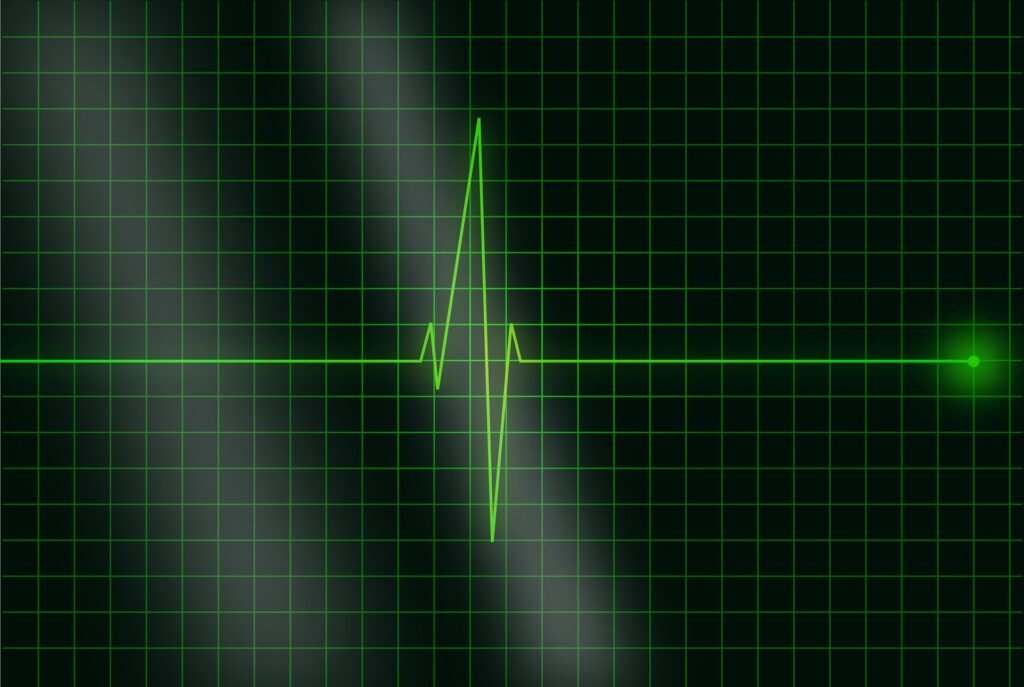A groundbreaking study conducted by Cedars-Sinai has revealed the potential of a specially designed drug to prevent heart failure in laboratory mice following heart attacks. This discovery opens up new possibilities for developing treatments to combat heart failure, a serious condition that affects up to 30% of heart attack survivors within a year.
Heart failure occurs when the heart is unable to pump enough blood and oxygen to support the body’s organs, leading to symptoms such as fatigue, shortness of breath, and swelling. Heart attacks, which damage the heart muscle, are a common cause of this debilitating condition.
The study, published in the European Heart Journal, focused on the effects of administering a small molecule called PR-364 to male mice that had experienced a heart attack. The results showed that the drug preserved the heart’s pumping function and slowed down the progression of heart failure compared to untreated mice.
Further experiments conducted by the researchers revealed that PR-364 enhanced the functioning of mitochondria, the energy-producing structures within cells. The drug promoted mitophagy, the process of clearing damaged mitochondria from the body to aid in heart muscle repair. It also increased the production of new mitochondria and improved overall mitochondrial function.
Lead researcher Jennifer Van Eyk, Ph.D., emphasized the significance of these findings in potentially preventing heart failure after heart attacks. While the study’s results are promising, further research is needed to explore the effectiveness of a second-generation version of PR-364, potential gender differences in response, and the mechanisms underlying the drug’s benefits.
Dr. Eduardo Marbán, executive director of the Smidt Heart Institute at Cedars-Sinai, highlighted the importance of these findings in light of the increasing number of heart attack survivors. He noted that PR-364 showed improved recovery even when administered two hours after a heart attack, raising hopes for its translation to patient care.
The study, titled “Enhanced Parkin-mediated mitophagy mitigates adverse left ventricular remodeling after myocardial infarction: role of PR-364,” underscores the potential of PR-364 in preventing heart failure post-heart attack. The research was conducted by a team of experts at Cedars-Sinai Medical Center and published in the European Heart Journal.
For more information on this groundbreaking study, please refer to the original publication in the European Heart Journal. This research holds promise for developing innovative strategies to prevent heart failure in heart attack survivors and improve their long-term outcomes.


